Different Types of Glass
Before replacing window glass, it is critical to understand the various types of window glass available.
In this article, we will explain the various types of glass that are commonly used in Australian homes, as well as their benefits, drawbacks, and main applications, to assist you in selecting the right glass for your home.
Glass Types
Float Glass (annealed)
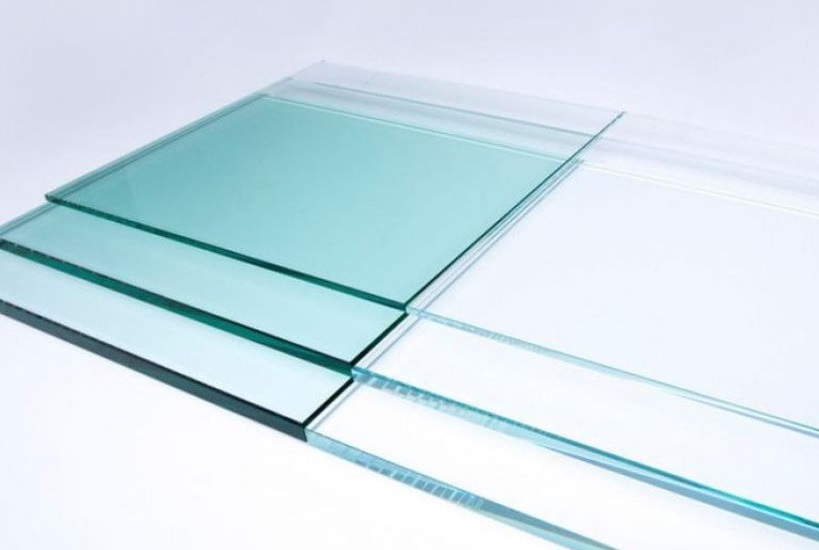

Clear float glass is the basic glass most commonly used in windows and doors. Clear float glass provides high transmission of light. Float glass can be clear or coloured and is produced in large sheets.
Pros
Float glass has been used in building for a very long time and is a very clear glass which gives vibrancy to any space it is used it
Cons
It breaks into dangerous shards so is no longer approved for use in most areas of homes and buildings without modification according to the building code of Australia
Where is it Used
Float glass is a good all-purpose glass that can be used in a variety of applications.
Toughened Glass
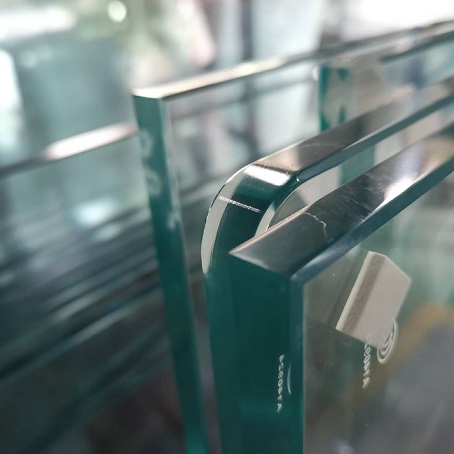

Toughened glass is up to five times stronger than clear float glass. It offers the highest resistance to impact and is therefore commonly used in glass doors. The toughening process reduces the risk of thermal breakage.
Pros
Much stronger that regular annealed glass and resistant to heat. It also shatters in grains instead of shards so makes it much safer in the case of breakage.
Cons
It cannot be cut after manufacturing which makes modifications such as pet doors impossible after installation.
Where is it Used?
Toughened glass is most commonly used in glass doors, shower screens, and pool fencing.
Laminated Glass
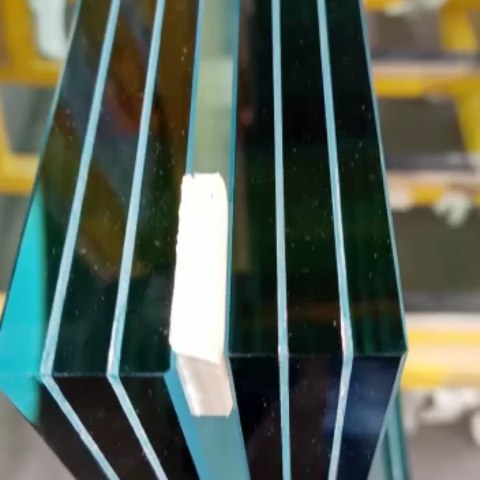

Laminated glass is a popular choice for windows and doors in both residential and commercial settings.
It is composed of two or more layers of glass that have been permanently bonded together by heat and pressure with a polyvinyl butyral (PVB) interlayer. This layer holds the glass panels together, ensuring that the glass remains intact even if it is broken.
Pros
Laminated glass has a very high resistance to breakage and doesn’t shatter into shards. It also provides good sound insulation and comes in a wide range of colours and thickness.
Cons
Laminated glass is more expensive than toughened and float glass. It’s strength is good for security but on the flip side it could also be a disadvantage in the case of an emergency if glass needs to be broken.
Where is it Used?
Laminated glass is most commonly used in doors, windows and skylights. Automotive windshields are also made from laminated glass.
Low E Glass


The letter ‘e’ in low-e glass stands for emissivity. The ability of a material or surface to radiate heat/energy is referred to as emissivity. As a result, low-e glass refers to a glass surface that reduces the amount of solar heat gain.
This is accomplished by applying a special coating made of a microscopic, transparent metal or metal oxide to one surface of the glass.
Pros
Low-e Glass reduces the amount of UV light and heat that passes through the glass while not limiting the amount of visible light resulting in better thermal insulation and lower energy costs.
Cons
Known to be difficult to clean and the low-e coating is easily damaged when a metal object is leaned up against it. Additionally, the glass could have a “wavy” appearance when viewed from certain angles.
Where is it Used?
Low-e glass is most commonly used in doors and windows.
Learn more about Low E GlassFluted Glass
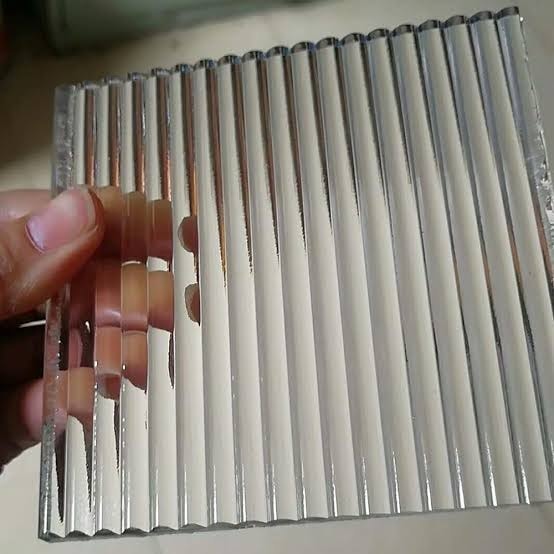

Fluted glass, also known as reeded glass or ribbed glass, is a sort of patterned glass that is created by pressing semi-molten glass between metal rollers. It is very popular among architects and interior designers who want to add texture to a living space while dispersing light and providing privacy. Fluted glass can be used in window or door panels to obscure views into bathrooms or where you want to maintain your sense of privacy.
Pros
Diffuses light at the same time as enhancing privacy and available in a variety of colors and finishes including clear, opaque, and reflective mirrored fluted glass.
Cons
More difficult to clean than regular flat glass due to grooves which tend to trap dirt and moisture.
Where is it Used?
Fluted glass is most commonly used in doors, windows and partitions.
Frosted Glass
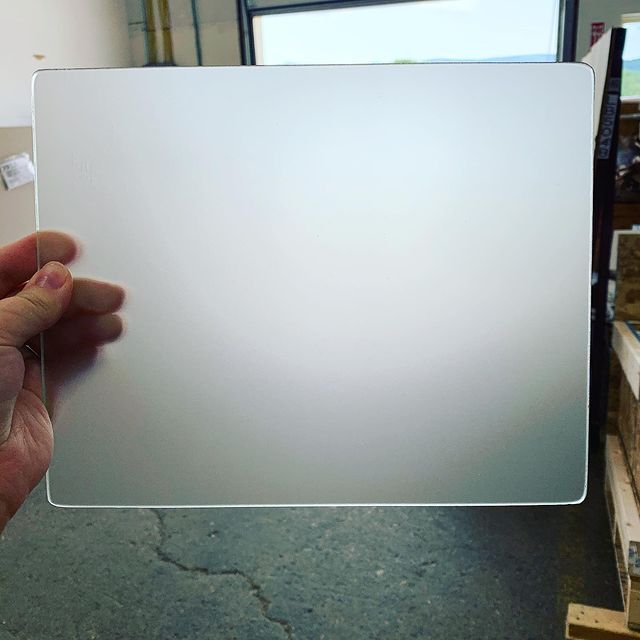

Frosted glass is a type of glass that has been treated to make it translucent or opaque. It is made by sandblasting or chemically etching the glass.
This treatment gives the glass a frosted appearance. It can be used to obscure vision or as a decorative element. Different types of frosting include sandblasting and chemically etching the glass with acids or alkalis (glass etching).
Pros
Increases privacy and security by obscuring views while also allowing light into the room.
Cons
Sandblasting or chemical etching existing window or door glass is expensive. Frosted glass film which is a cheaper option will peel and deteriorate over time.
Where is it Used?
Frosted glass is most commonly used in doors and windows for privacy or decorative purposes.
Learn more about frosted glassReflective Glass
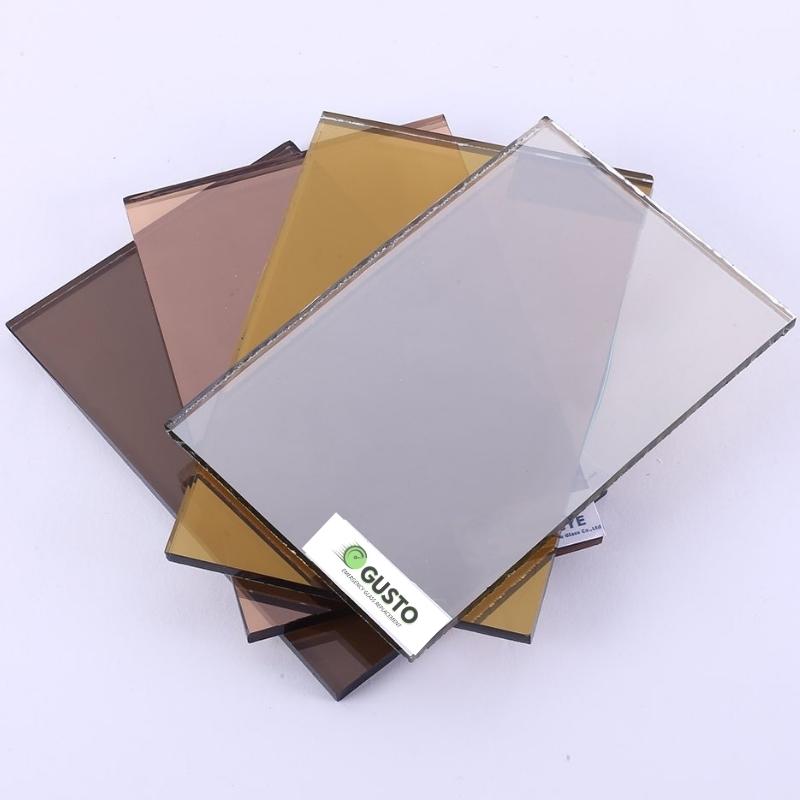

Reflective glass is made with a thin metal coating, which is deposited on the back side of the glass with an extremely thin vacuum film in between.
Reflective glass is generally used for office buildings and skyscrapers where light needs to be reflected away from the interior of the building. It is also used in conservatories and greenhouses to help control heat gain and loss.
Pros
Some of the benefits of using reflective glass include blocking out UV rays, increasing insulation, and reducing energy loss and cost in air conditioning.
Cons
Has a somewhat reflective silver tone which can be somewhat visually disorienting especially when light sources are positioned at the side of the window which reflects back into your eyes or those of others.
Where is it Used?


Luke provides window glass replacement and repair in the Parramatta NSW area. He has over 10 years experience in glazing.
